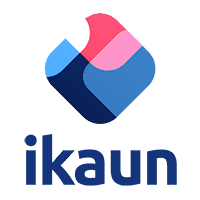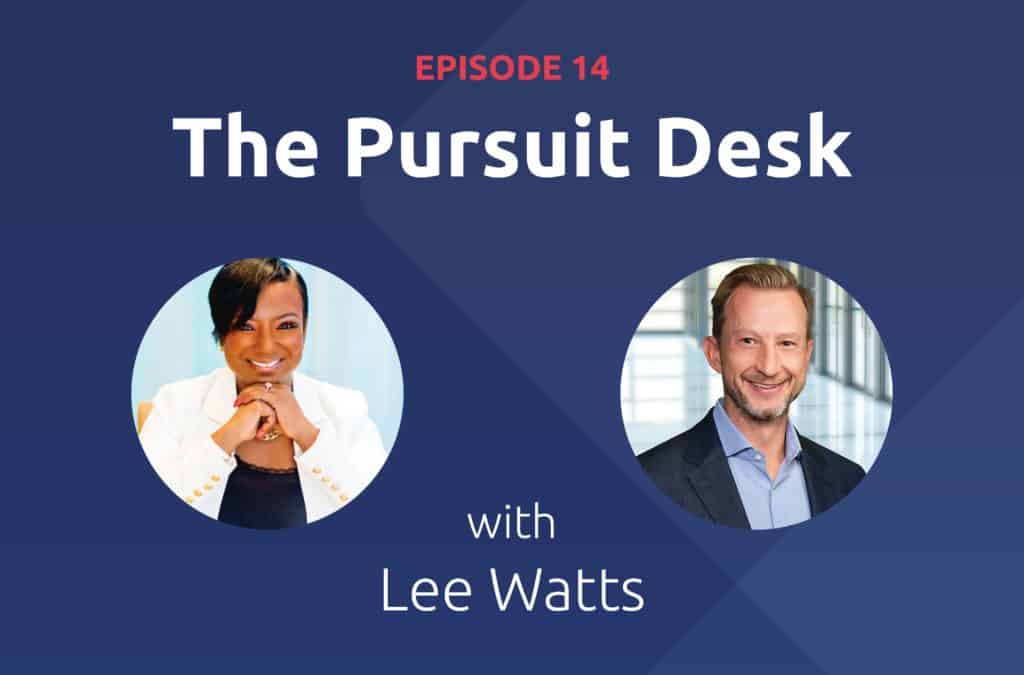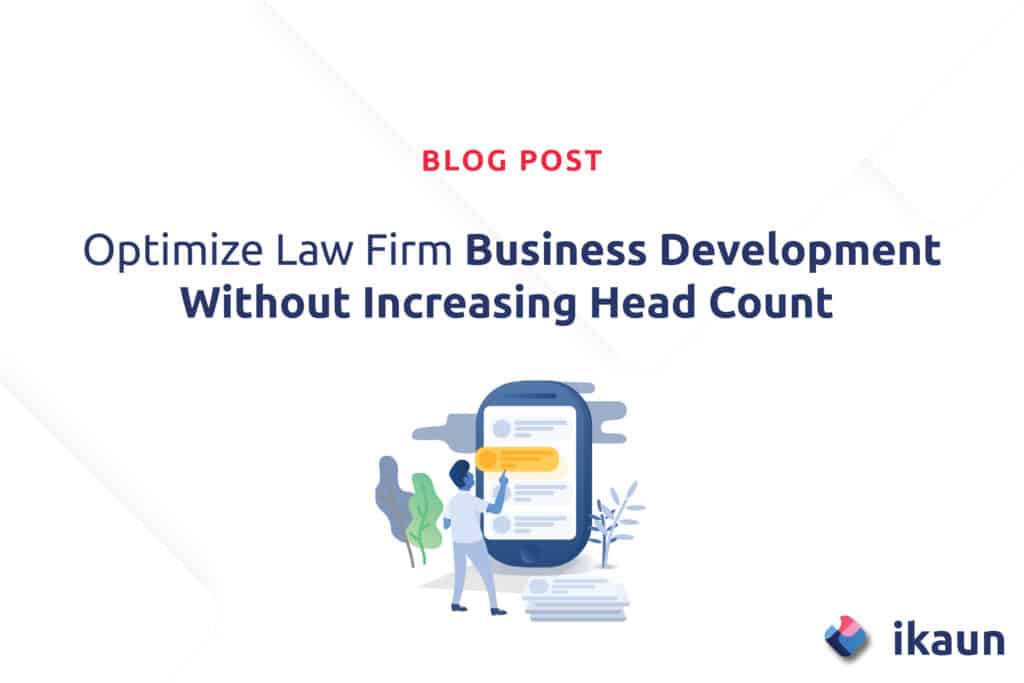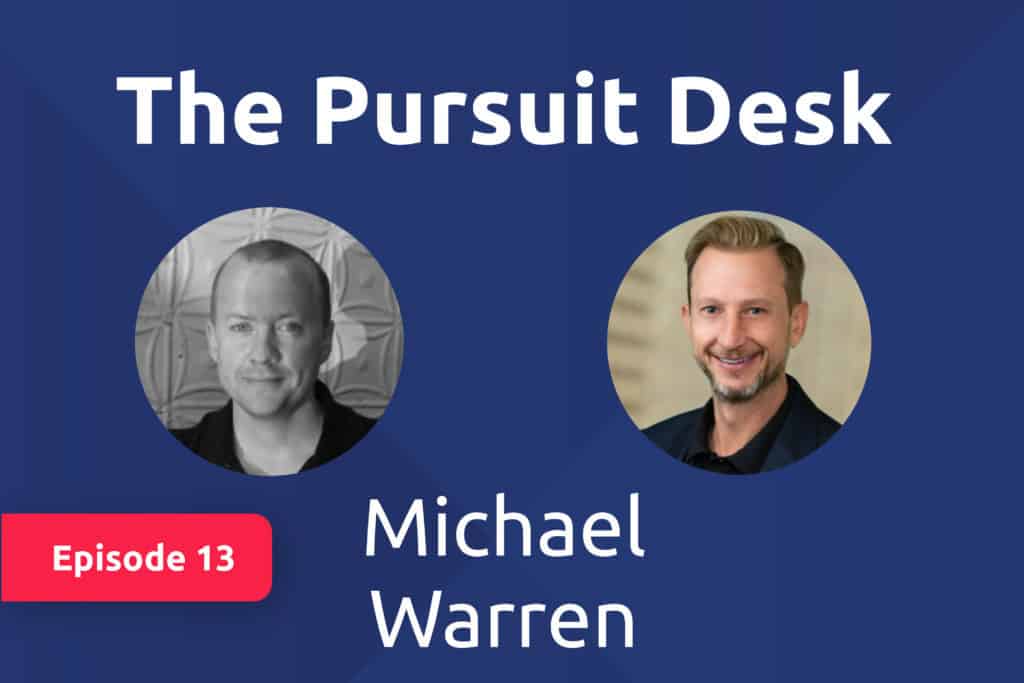This week’s episode of The Pursuit Desk features Ian Farmer, a notable “rainmaker” and sales coaching with over 30 years of experience changing salespeople’s lives one deal at a time. He focuses on helping then improve their sales pitch and sales process. Ian sits down with Jason to discuss how to build great business development leaders.
2:35 Common mistakes in the pitch and proposal process
As an experienced salesman himself, Ian can immediately help other sellers identify where their proposal process is failing. He believes that people often misunderstand what a proposal is even about. Instead of telling the story of how they can help their potential clients, they are simply providing them with a glorified quotation.
In doing this aren’t giving them the helpful information they need to be able to decide to hire you. The proposal is meant to be used to close the engagement with the prospective client, not open a new sales conversation.
4:48 Articulating your understanding of their needs
In most sales scenarios, you are creating a proposal because you aren’t able to get in front of all the key decision-makers at once. If a seller can understand each of those decision maker’s needs, they can then understand how to prove to each of them that those needs will be met.
The purpose of the proposal is not the discuss the firm in great detail, the purpose Is to understand what the potential client needs from you for the project. With this understanding, you can use the correct information to prove the ROI of working with your firm.
7:12 How do you infer their challenges or needs if not explicitly told?
Ian believes that it is important to be able to work on a proposal with the prospective client and have open collaboration. This time spent discussing the RFP and proposal will be worthwhile for you to truly understand what they want.
If the prospective client doesn’t want to fill out an RFP or take the time to collaborate with you, then you aren’t going to be able to help them meet their needs. This first step is a commitment of their time to the project. Your potential clients will likely already have a firm that they are working with, or they will have a lot of different firms that can provide the same services. Because of this their commitment to time spent on the proposal is extremely valuable in helping you identify those pain points and have them commit to collaborate.
12:07 Differentiating yourself to the competition
Ian suggests that sellers focus on how they are selling, not what they are selling. And the proposal plays a key component in that. You are going to be competing with people who provide the same services, so you have to be able to sell in a good way that tells a story.
By providing them with a good proposal you are focusing on the relationship with that client and not just the services you are offering them. Ian also suggests presenting the proposal to the client in person or over video chat as opposed to emailing it to them. He states, “If a proposal is worth writing, it is worth presenting”.
The key is creating a tailored proposal and not a glorified quotation, and presenting it to them in person. In the presentation, it is important to address how you are solving problems for everyone on that decision-making committee.
16:00 The proposal cycle and building trust
Ian suggests that the best time to present a proposal is at the end of the selling cycle, to confirm the sale. If it is presented too early on, you are preventing yourself from being able to build a strong relationship and understand all their needs.
At the end of the day, decision-makers come to a conclusion based on who the like and who they trust. By spending time on the proposal you are ensuring that you meet their needs and provide an ROI for them. This proof of an ROI will reduce the risk associated with the decision they are making. At the end of the day, Ian states that 90 percent of the decision is made on emotion and justified in logic, and the logic is in the proposal.
19:04 The new way of selling virtually
Ian is certain that as time goes on things will only get more competitive. Without the possibility to travel and communicate face-to-face, are sellers still able to build relationships and rapport? He suggests video conferencing as a good alternative in these moments and stresses that you have to be courageous enough to ask for a video call over other communication
By presenting proposals virtually, you have to be more effective and efficient to captivate their attention and ultimately win. And by having access to past experiences with nuanced details to utilize in your proposals, you are more likely to be able to make that connection to the stakeholder that you can successfully help them.
21:43 how to leverage information and past experiences
As a seller, you just have to have access to past information and experiences. If a potential new client is calling your firm in need of services that they can’t currently get from their attorney, you need to be able to prove to them how you are going to handle it. As the firm, you need to be able to find something from your past experiences that they can relate to their current problem.
23:00 The future of selling and proposals
As more and more technology emerges intending to help you automate the proposal process, Ian suggests firms be careful that they aren’t just automating another quotation document.
There are tangible ways to prove that your potential new client will make their money back when working with your firm over your competitors. You should be able to prove and provide the ROI to them.
The importance of proposals also relates to repeat business as this is very likely in the legal market. Your proposal to a potential new client is the first step, and if they don’t pick you now that proposal can still sell in your absence when they need to find a new law firm in the future.

Intelligent Proposal Automation
With powerful document automation, ikaun enables firms to generate proposals, pitches, and legal submissions using dynamic, branded templates. Conditional logic, real-time data mapping, and seamless CRM integration ensure that ever document is accurate, compliant, and on-brand.

Experience Capture
ikaun serves as a centralized structured repository for firm knowledge, allowing teams to store, organize, and access critical business information efficiently. Customizable data fields, robust search, and automation rules ensure information remains accurate and easy to retrieve.

CVs and Biographies
ikaun captures and structures firm-wide experience, enabling teams to showcase expertise efficiently. Integrated attorney biographies and matter profiling provide instant access to relevant credentials, improving business development and cross-selling opportunities.

Award Submissions
Automating the directory submission process, ikaun collects relevant case studies, manages referee tracking, and formats entries to meet the exacting standards of legal ranking bodies. This reduces submission time while ensuring law firms present a compelling and competitive profile.

Seamless System Integrations
ikaun integrates with essential firm systems, including CRM, billing, experience databases, and marketing tools. Whether pulling structured data for proposal automation or pushing updates to a firm's website, ikaun ensures data flows seamlessly across the organization, eliminating redundancy and manual updates.





